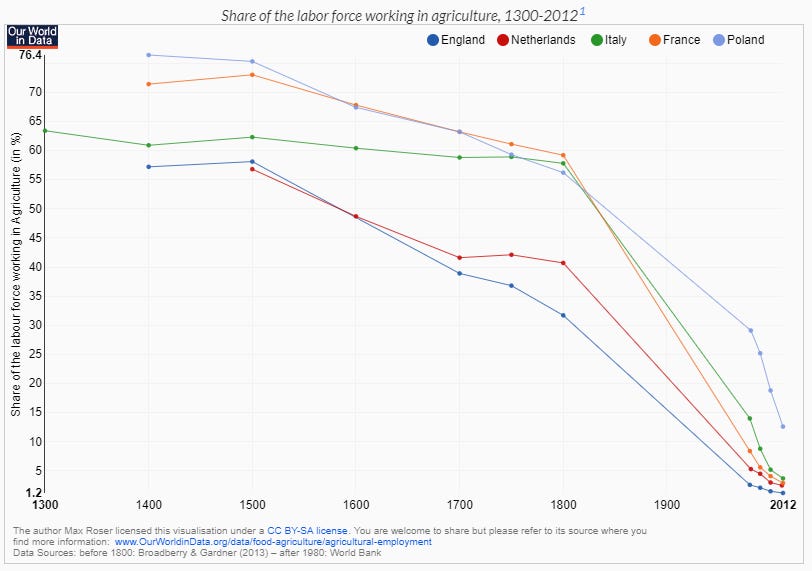But even with project managers, cascading failures remain a risk due to the nature of construction. Construction has the unfortunate combination of building mostly unique things each time (even similar projects will be built on different sites, in different weather conditions, and likely with different site crews) and consisting of tasks that are c... See more

